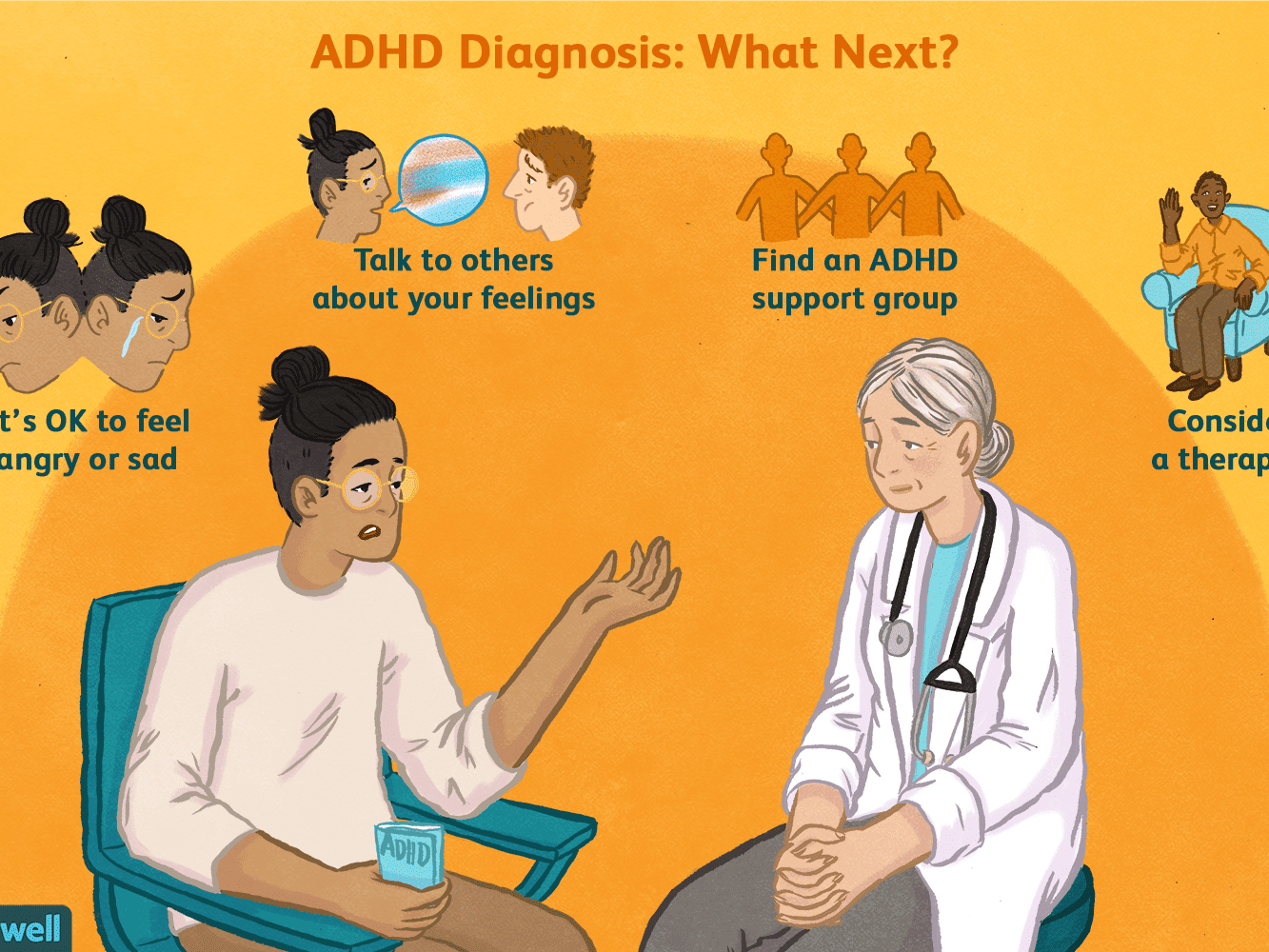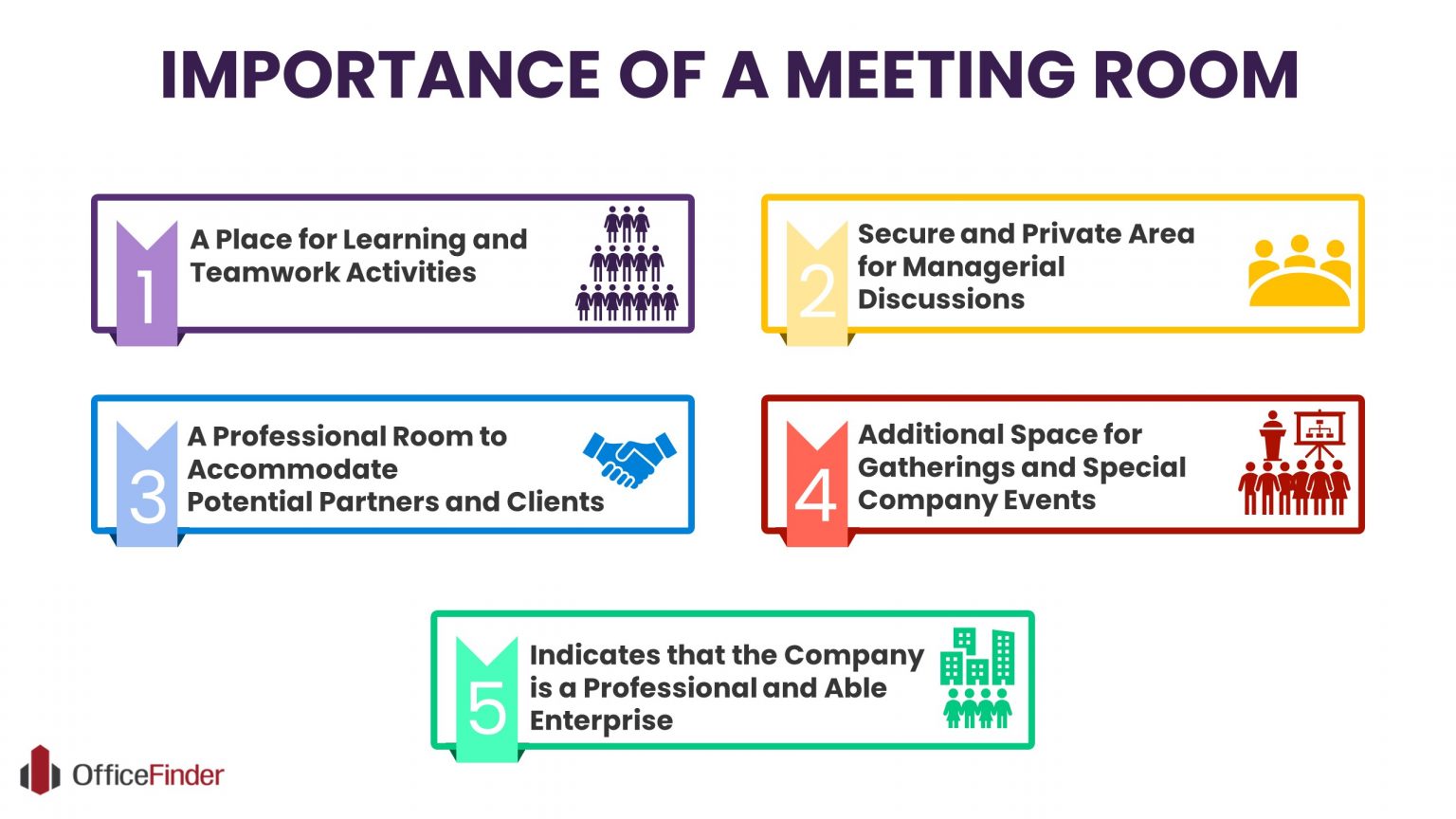Adult ADHD: Next Steps After A Suspected Diagnosis

Table of Contents
Seeking a Comprehensive Evaluation from a Qualified Professional
A formal diagnosis of adult ADHD is paramount before starting any treatment. Self-diagnosing can lead to ineffective strategies and missed opportunities for appropriate care. Therefore, seeking a comprehensive evaluation from a qualified professional is the most crucial next step. This typically involves a psychiatrist or psychologist specializing in ADHD and adult attention deficit disorders.
These professionals utilize various assessment methods to arrive at an accurate diagnosis. These methods often include:
- Detailed questionnaires: These questionnaires assess symptoms, behaviors, and their impact on daily life. They help provide a structured overview of your experiences.
- Clinical interviews: A thorough interview allows the professional to understand your symptoms' history, severity, and impact across various life domains. They delve deeper into your personal experiences and challenges.
- Neuropsychological testing: In some cases, neuropsychological testing might be recommended to further assess cognitive functions like attention, memory, and executive function. This offers a more objective measure of cognitive strengths and weaknesses.
To ensure a successful evaluation, remember to:
- Find a specialist: Research and find a psychiatrist or psychologist with experience diagnosing and treating adult ADHD. Look for specialists familiar with the latest diagnostic criteria and treatment approaches.
- Prepare your history: Before your appointment, prepare a detailed account of your symptoms, challenges, and how they impact your daily life. Include examples from different areas of your life, such as work, relationships, and personal tasks.
- Be open and honest: Open and honest communication is vital during the evaluation process. The more information you provide, the more accurate the diagnosis will be.
- Understand the criteria: Familiarize yourself with the diagnostic criteria for ADHD in adults. This will enable you to better articulate your experiences and understand the diagnostic process. The DSM-5 (Diagnostic and Statistical Manual of Mental Disorders, 5th Edition) provides detailed criteria.
- Address co-occurring conditions: Discuss any other mental health concerns you might have, such as anxiety, depression, or other comorbidities. These conditions often coexist with ADHD, and addressing them simultaneously is essential for effective treatment.
Exploring Treatment Options for Adult ADHD
Treatment for adult ADHD is highly personalized and depends on individual needs and symptom severity. It often involves a combination of approaches for optimal results.
Medication Management:
Medication is a common treatment option for many adults with ADHD. Stimulant medications (like methylphenidate and amphetamine) and non-stimulant medications (like atomoxetine) are often prescribed to help manage symptoms such as inattention, hyperactivity, and impulsivity. However, it's crucial to understand that:
- Medication has potential side effects: These can vary depending on the individual and the specific medication. Regular monitoring by your doctor is necessary to manage potential side effects and adjust the dosage as needed.
- Finding the right medication takes time: It often involves trial and error to find the most effective medication and dosage for your specific needs.
Therapy:
Therapy plays a significant role in managing ADHD. Different types of therapy can be beneficial:
- Behavioral therapy: This type of therapy helps develop coping mechanisms and strategies for managing symptoms. It can include techniques for improving organization, time management, and emotional regulation.
- Cognitive behavioral therapy (CBT): CBT focuses on identifying and changing negative thought patterns and behaviors that contribute to ADHD-related challenges.
Lifestyle Changes:
Making positive lifestyle changes can complement medication and therapy:
- Diet: A balanced diet can positively impact energy levels and focus. Minimizing processed foods, sugar, and caffeine can help.
- Exercise: Regular physical activity has been shown to improve focus and reduce symptoms.
- Sleep hygiene: Prioritizing good sleep habits is crucial, as sleep deprivation exacerbates ADHD symptoms.
Combining approaches:
Most often, a combination of medication and therapy offers the most effective approach to managing ADHD symptoms. This integrated approach addresses both the biological and behavioral aspects of the condition.
Building a Supportive Network and Seeking Additional Resources
Living with ADHD can be challenging, but having a strong support network can make a significant difference. Connecting with others who understand your experiences is invaluable.
- Join a support group: Support groups provide a safe space to share experiences, receive encouragement, and learn from others. Both in-person and online support groups for adults with ADHD are readily available.
- Educate your loved ones: Help family and friends understand what ADHD is and how it affects you. This education can foster empathy and support.
- Utilize online resources: Many excellent online resources, such as the CHADD (Children and Adults with Attention-Deficit/Hyperactivity Disorder) website, offer valuable information, support, and community.
- Seek professional coaching: Consider working with a coach specializing in ADHD. These coaches can provide personalized guidance and support in various areas of life.
Conclusion
Receiving a suspected diagnosis of adult ADHD is a significant step, but it’s just the beginning. By following the steps outlined above – seeking a proper evaluation, exploring suitable treatment options, and building a robust support system – you can effectively manage your symptoms and lead a fulfilling life. Remember, understanding and addressing adult ADHD is a journey, and seeking professional help is crucial. Don't hesitate to take the next steps towards better managing your adult ADHD. Start your journey today by finding a qualified specialist and exploring the wealth of resources available.

Featured Posts
-
 You Tubes Growing Popularity Among Older Viewers A Resurgence Of Classic Shows
Apr 29, 2025
You Tubes Growing Popularity Among Older Viewers A Resurgence Of Classic Shows
Apr 29, 2025 -
 Willie Nelsons 77th Solo Album A Pre 92nd Birthday Release
Apr 29, 2025
Willie Nelsons 77th Solo Album A Pre 92nd Birthday Release
Apr 29, 2025 -
 Anchor Brewing Company Shuts Down A Legacy Concludes After 127 Years
Apr 29, 2025
Anchor Brewing Company Shuts Down A Legacy Concludes After 127 Years
Apr 29, 2025 -
 Is Australia Missing Out On The Porsche Phenomenon
Apr 29, 2025
Is Australia Missing Out On The Porsche Phenomenon
Apr 29, 2025 -
 2024 Minnesota Snow Plow Name Contest Winners
Apr 29, 2025
2024 Minnesota Snow Plow Name Contest Winners
Apr 29, 2025
Latest Posts
-
 Live Coverage Significant House Fire With Explosion In Yate Uk
Apr 30, 2025
Live Coverage Significant House Fire With Explosion In Yate Uk
Apr 30, 2025 -
 Yate House Fire Live Updates On Major Explosion And Blaze
Apr 30, 2025
Yate House Fire Live Updates On Major Explosion And Blaze
Apr 30, 2025 -
 Choosing The Best Slides For Summer 2025 A Practical Guide
Apr 30, 2025
Choosing The Best Slides For Summer 2025 A Practical Guide
Apr 30, 2025 -
 Defense Antiaerienne Ukrainienne Le Soutien Americain Se Precise Avec Des Solutions Europeennes
Apr 30, 2025
Defense Antiaerienne Ukrainienne Le Soutien Americain Se Precise Avec Des Solutions Europeennes
Apr 30, 2025 -
 Summer 2025 Slide Selection Key Features And Considerations
Apr 30, 2025
Summer 2025 Slide Selection Key Features And Considerations
Apr 30, 2025
